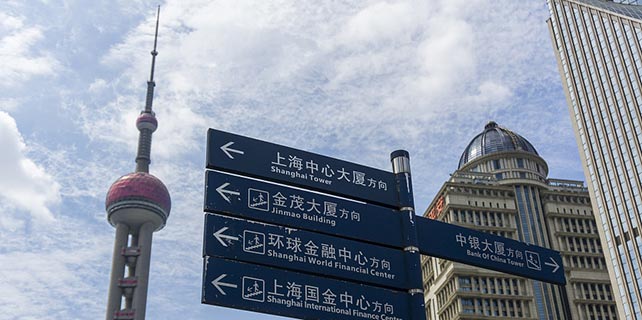Trade between China and United States to take front seat
The United States is expected to overtake the European Union as China's largest trade partner this year, a former vice-minister of commerce said.
 |
|
Wei Jianguo, former vice-minister of commerce [Photo provided to China Daily] |
At the same time, China's trade structure will continue to optimize, and private companies are likely to dominate the export sector, Wei Jianguo, who is also vice-president of the China Center for International Economic Exchanges, told China Daily in an exclusive interview.
Sino-US trade will continue to boom in the second half of this year, "with China's imports from the US growing faster than its exports". Therefore, the US trade deficit with China will decline, he said.
Part of the reason why the US would surpass the EU, which was China's number one trading partner for almost the past decade, Wei said, lies in ever-strengthening Sino-US economic and trade ties.
In April, China and the US agreed to initiate a cooperation plan to address the trade imbalance. Under the plan, China will resume US beef imports, and allow rice imports for the first time.
Wei's predictions are in line with recent industry figures.
Between January and June, Sino-US trade reached 1.85 trillion yuan ($272 billion), up 21.3 percent year-on-year, according to the General Administration of Customs. The growth rate is higher than that between China and EU members, which stood at 17.4 percent in the same period. Sino-EU trade was 1.97 trillion yuan.
"With such a growth rate, it won't take long for China's total trade volume with the US to exceed that with EU members", said Wei.
China's total trade volume was 13.14 trillion yuan in the first six months, up 19.6 percent year-on-year, according to the GAC. Specifically, exports grew by 15.0 percent to 7.21 trillion yuan, and imports surged 25.7 percent to 5.93 trillion yuan.
Huang Songping, a spokesman for the GAC, said earlier that the increase was mainly due to recovering external demand that pushed up exports.
Looking into the overall picture in the second half of this year, Wei said China's trade would still gain momentum.
"The growth rate of China's trade with economies along the Belt and Road Initiative would be 5 to 6 percentage points higher than other regions."
Official data show trade between China and Belt and Road economies posted double-digit growth year-on-year in the first six months.
Privately run companies, even some small and micro businesses, would dominate the trade sector, with more high-tech products and self-owned brands being exported, Wei added.
In the first six months, private companies' imports and exports grew 20.6 percent year-on-year to 5.02 trillion yuan, show data from the GAC. It accounted for 38.2 percent of the nation's total volume.
"The current domestic and foreign environment is favorable to future trade flows… But it is still an arduous tasks to maintain the uptrend for the rest of the year," Qian Keming, a vice-minister of commerce, said on Monday at a news conference.
Qian cited trade protectionism and rising costs as the major factors.









